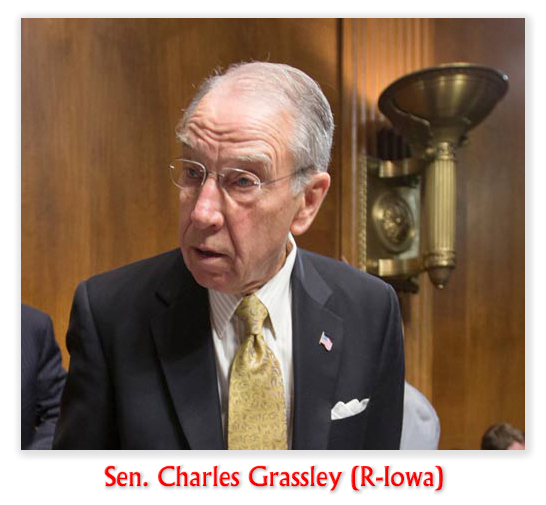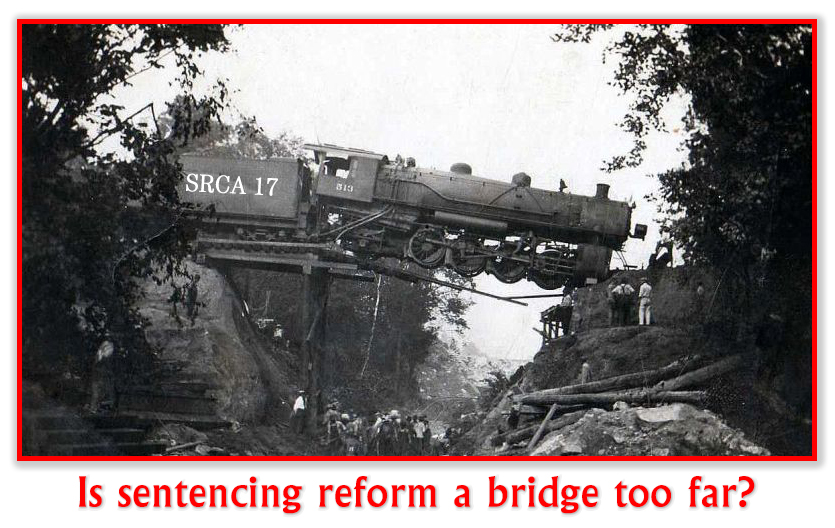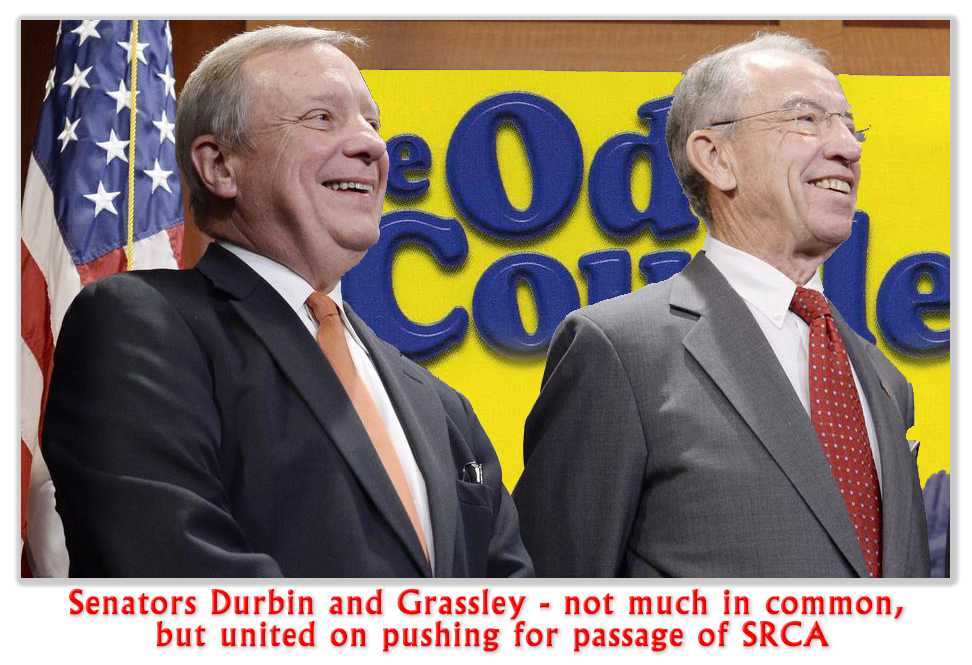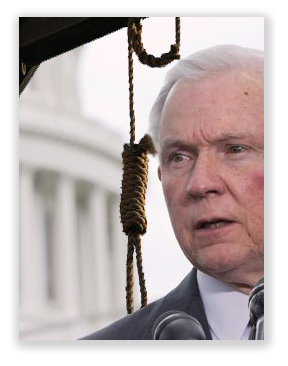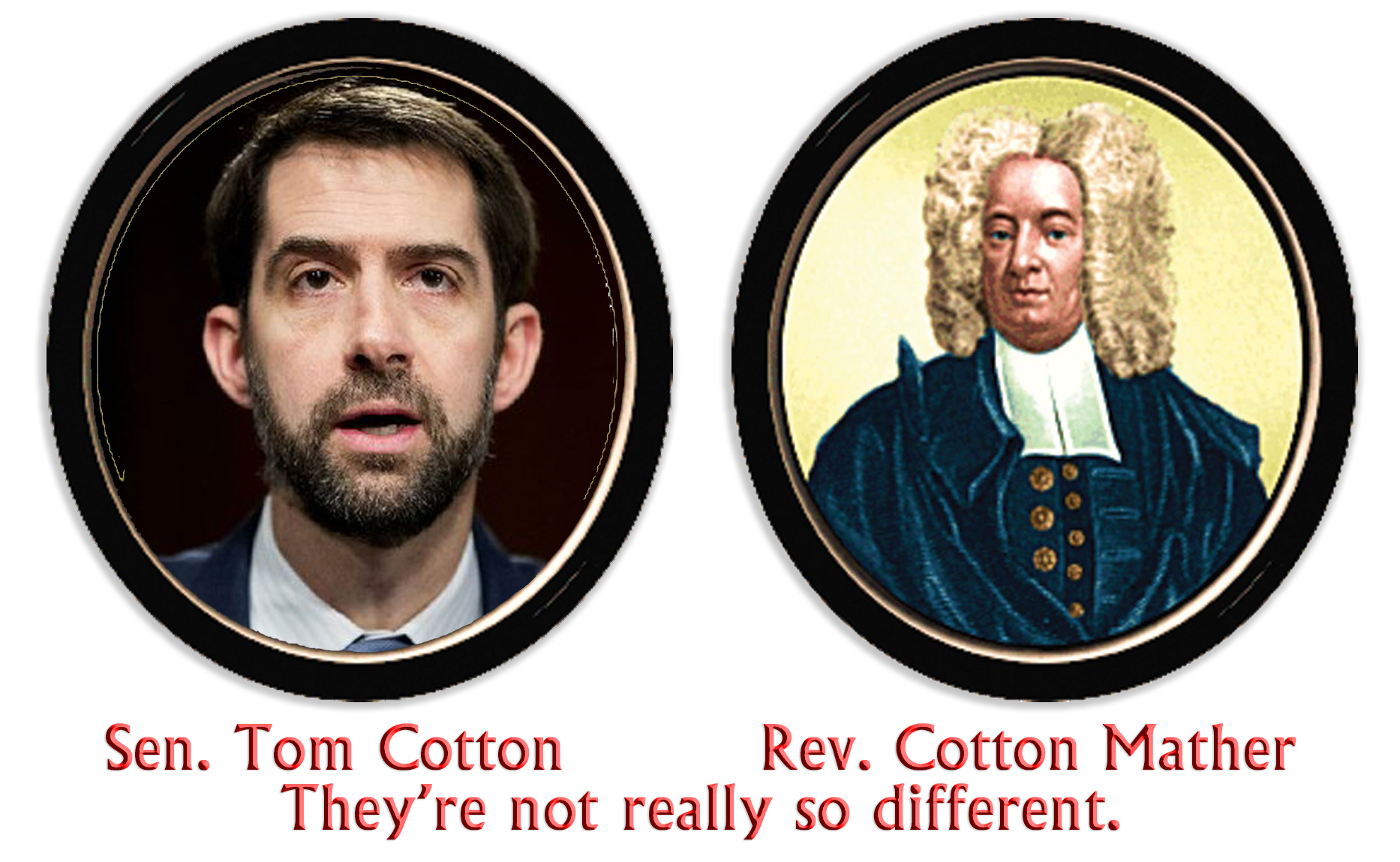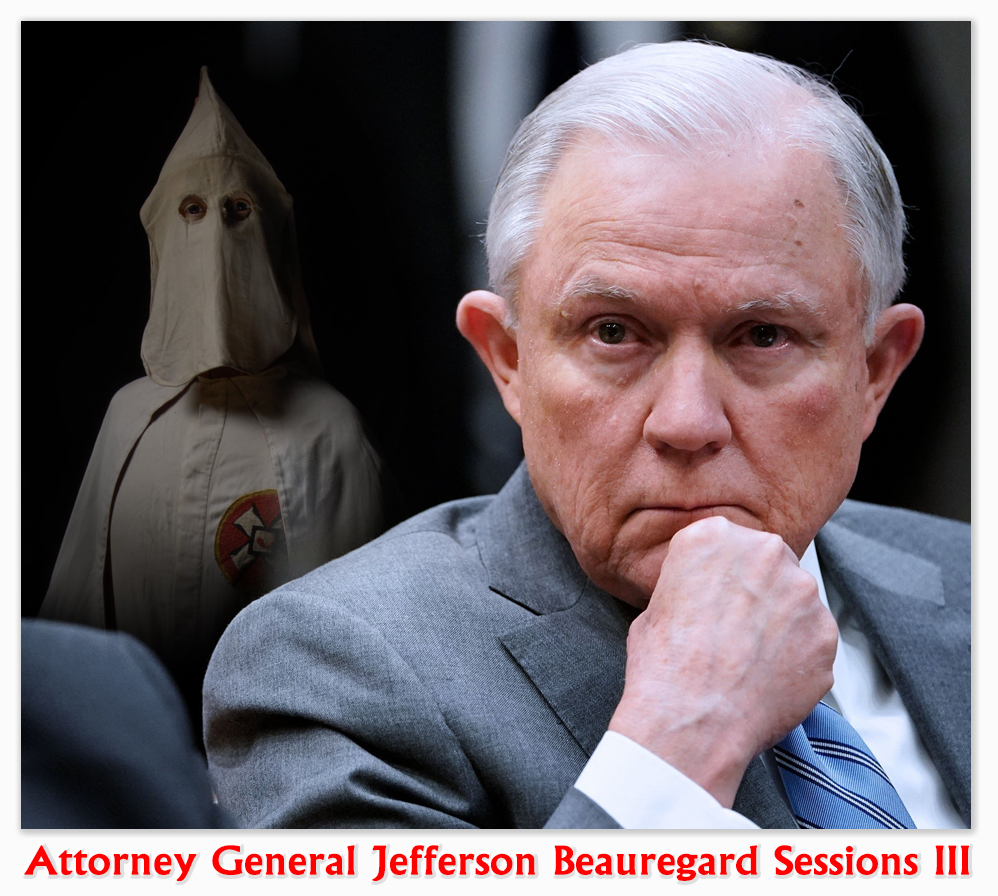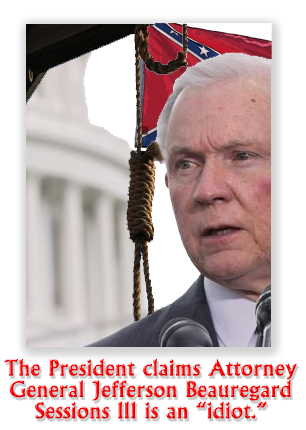We post news and comment on federal criminal justice issues, focused primarily on trial and post-conviction matters, legislative initiatives, and sentencing issues.

ARE POLITICS KILLING HOPES FOR PRISON REFORM?
Legislators and interest groups on both sides of the current Senate tussle over whether to pass the FIRST STEP Act or the Sentencing Reform and Corrections Act of 2015 continue to stake out their positions, and concern is rising that the political bickering may doom both bills.
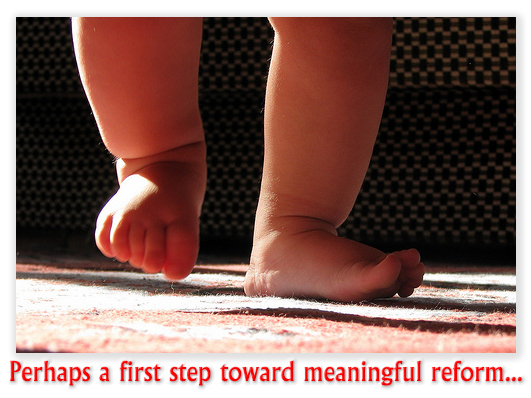
It has now been nearly two months since FIRST STEP passed the House by a huge margin and it has now been more than five months since the SRCA, sponsored by Sens. Charles Grassley (R-Iowa) and Richard Durbin (D-Illinois), passed the Senate Judiciary Committee by a significant margin.
Last week, two executives from the conservative reform group FreedomWorks complained in Washington Examiner that “the FIRST STEP Act hasn’t moved in the Senate. [The bill], led by Sens. John Cornyn, R-Texas, and Sheldon Whitehouse, D-R.I., has been referred to the Senate Judiciary Committee. Grassley has said that at least some SRCA-style sentencing reforms would have to be added to the FIRST STEP Act before it can move forward.”
Few in the Senate question the merits of FIRST STEP. An earlier version of the bill was passed by the Senate Judiciary Committee 15-2 in 2014. But politics could condemn any criminal justice reform. “Democrats,” the FreedomWorks piece said, “with their eyes on the party’s presidential nomination view criminal justice reform as a campaign issue. Selfishly killing the FIRST STEP Act for little more than political gain risks infecting criminal justice reform with the same toxicity that has plagued immigration reform proponents, not to mention that it also denies much-needed relief to communities, families, and individuals who have been severely affected by crime.”
 The FreedomWorks officials said the next step must be to strike a deal in the Senate that will add modest sentencing reforms to make the legislation acceptable to Grassley without dividing the Republican conference. If there is any infighting among the Republicans, Senate Majority Leader Mitch McConnell will be unwilling to bring the bill to the floor for a vote. “It is a delicate balance to strike,” the FreedomWorks executives said, “but the Senate, which often refers to itself as the greatest deliberative body in the world, should be up for the challenge. On bipartisan legislation that has the backing of the White House, working out a deal on FIRST STEP should be a layup.”
The FreedomWorks officials said the next step must be to strike a deal in the Senate that will add modest sentencing reforms to make the legislation acceptable to Grassley without dividing the Republican conference. If there is any infighting among the Republicans, Senate Majority Leader Mitch McConnell will be unwilling to bring the bill to the floor for a vote. “It is a delicate balance to strike,” the FreedomWorks executives said, “but the Senate, which often refers to itself as the greatest deliberative body in the world, should be up for the challenge. On bipartisan legislation that has the backing of the White House, working out a deal on FIRST STEP should be a layup.”
These days, passage of any federal criminal justice reform seems to be more like a three-pointer from mid-court. Last week, Grassley and Sen. Orrin Hatch (R-Utah) doubled down on their SRCA position in an opinion piece in the Washington Examiner, urging passage of both mens rea reform and the SRCA:
Mens rea reform, in addition to sentencing and prison reform, is an essential part of the criminal justice reform constellation… We firmly believe that mens rea reform is an important piece of the broader criminal justice reform landscape. Together with the bipartisan Sentencing Reform and Corrections Act, which we both support, the Mens Rea Reform Act will improve fairness and clarity in our criminal justice system.
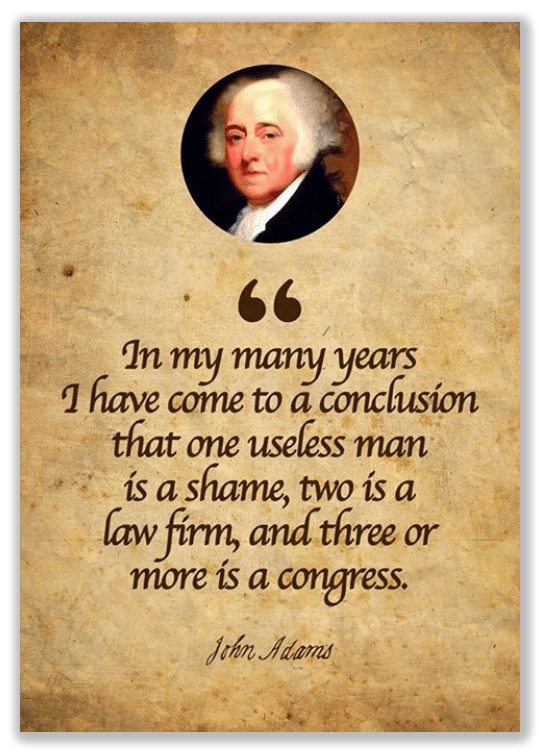 Grassley, current chairman of the Senate Judiciary Committee, and Hatch, a former chair of that Committee, are both legislators with more-than-average juice in the Senate. Grassley may be able to trade his current importance to the White House (as chair of Judiciary, he is key to getting Judge Brett Kavanaugh through the Supreme Court confirmation process) for Trump pressuring McConnell to bring SRCA to a vote. But although Washington is sweltering under the July sun and the end of the year seems far off, there are not that many legislative days left in the calendar year. Something needs to happen soon.
Grassley, current chairman of the Senate Judiciary Committee, and Hatch, a former chair of that Committee, are both legislators with more-than-average juice in the Senate. Grassley may be able to trade his current importance to the White House (as chair of Judiciary, he is key to getting Judge Brett Kavanaugh through the Supreme Court confirmation process) for Trump pressuring McConnell to bring SRCA to a vote. But although Washington is sweltering under the July sun and the end of the year seems far off, there are not that many legislative days left in the calendar year. Something needs to happen soon.
Meanwhile, the interest groups continue to check in, adding to the chaos. Last week, two police chiefs – one from the D.C. metro police force and the other, a former chief of New Orleans and Nashville – wrote in The Hill that “police and prosecutors need Congress to take meaningful action, like moving forward with a bipartisan solution hammered out by Grassley and Durbin. The Sentencing Reform and Corrections Act would shorten unnecessarily long sentences for low-level offenses, while also improving prison conditions and reentry services for men and women coming home from prison.”
Such public pressure does not much help to convince McConnell that scheduling either bill for a vote – likely, a showdown risking Republican fratricide – is a good idea.
Other criminal justice reformers are taking shots at FIRST STEP. DeAnna Hoskins, the president of JustLeadershipUSA, a progressive criminal justice reform group, blasted FIRST STEP last week, arguing, “The need and demand for reform are real. The FIRST STEP Act is not only a step backward; it invites a scary future. We need good proposals that address the structural racism baked into our justice system. We can pursue good proposals at all levels of government — proposals that are human-centered, values-driven, and that truly have an impact on decarcerating and decriminalizing communities across the country.”
She dismisses FIRST STEP’s process that lets inmate earn more halfway house and home confinement time. “For those released from prison on credit time, an electronic shackle awaits,” she writes, “branding people with a tool that tracks their every movement, expands the carceral state into our neighborhoods and significantly lowers the threshold for reincarceration.”
Our observation is that, lucky for her, Ms. Hoskins probably has never done federal time. Had she been a guest of the BOP, she would understand that just about every inmate in the system would gladly have the “carceral state” expanded into his or her home neighborhood by doing as much incarceration time at home – ankle bracelet and all – as possible. One inmate told us, “The best day I ever had locked up was worse than the worst day I ever spent at home.”
 Ohio State University law professor Doug Berman, writing in his Sentencing Law and Policy blog last week, complained that Grassley and Durbin are hurting momentum. “At this point I am eager to hear any news about any movement in the Senate with respect to the FIRST STEP Act or the Sentencing Reform and Corrections Act… Prez Trump has suggested he will sign whatever bill gets delivered to his desk. But as the summer marches on, I am struggling to remain optimistic that the full Senate will get to vote on any of these reform proposals anytime soon.”
Ohio State University law professor Doug Berman, writing in his Sentencing Law and Policy blog last week, complained that Grassley and Durbin are hurting momentum. “At this point I am eager to hear any news about any movement in the Senate with respect to the FIRST STEP Act or the Sentencing Reform and Corrections Act… Prez Trump has suggested he will sign whatever bill gets delivered to his desk. But as the summer marches on, I am struggling to remain optimistic that the full Senate will get to vote on any of these reform proposals anytime soon.”
At the same time, Berman denounced Hoskins’ buzz-word policy nonsense. Her blather (although Prof. Berman is more polite in his terminology) is “disturbing hyperbole… Like the author here, I would like to see reform that goes beyond the FIRST STEP Act. But broader reforms have been stalled by leaders in DC who are likely to be in place at least until 2020 if not later. Hoping and waiting for something better leaves current prisoners and their families waiting and waiting and waiting… But rather than seeing a politic consensus for “transforming our criminal justice system,” I just see a lot of political division among advocates for reform that seems to be making achieving any reform that much harder.”
The Hill, Too many Americans go to prison but Congress can fix this problem (July 17, 2018)
Washington Examiner, Time for bipartisan deal-making on criminal justice reform (July 18, 2018)
Washington Examiner, Sens. Chuck Grassley and Orrin Hatch: Mens rea reform and the criminal justice reform constellation (July 19, 2018)
The Hill, The FIRST STEP Act sets up a dangerous future (July 20, 2018)
Sentencing Law and Policy, Another attack on the FIRST STEP Act failing to acknowledge modern political realities (July 21, 2018)
– Thomas L. Root


